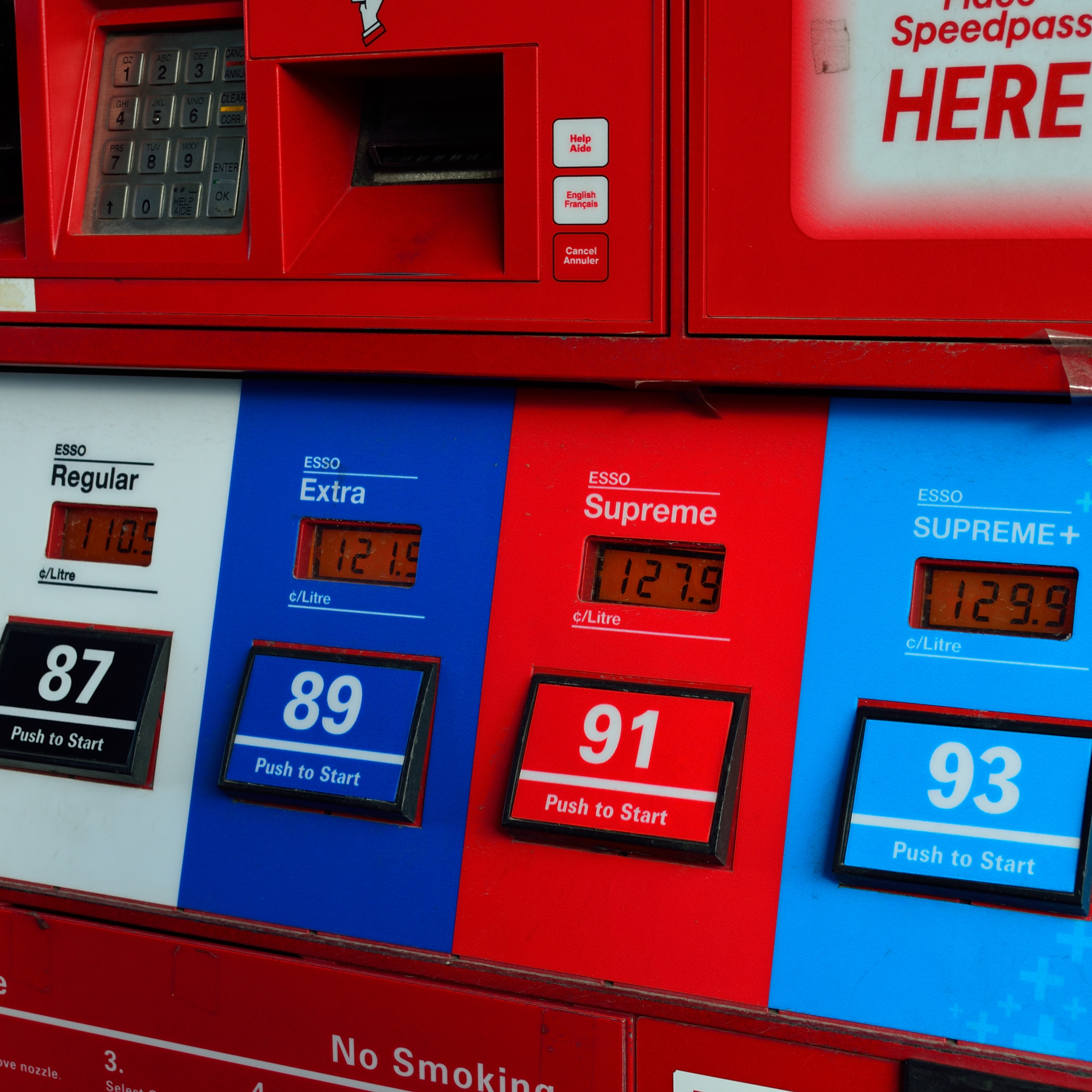

The U.S. House subcommittee on environment heard testimony on April 13 with that would eliminate the Obama-era Renewable Fuel Standards (RFS) and replace it with higher octane gasoline. This may be counter-intuitive, but the auto industry is getting behind the idea.
Most gasoline sold in the United States today has an octane rating between 87 and 94. For consumers, the higher the octane rating the higher the cost. The price differential between regular and premium gasoline has jumped in recent years to around 50 cents a gallon or even more. If the only gasoline available were rated at 95 octane and cost, say, 50 cents or even 25 cents a gallon more than regular gasoline now costs, there would be a lot of unhappy American drivers.
It turns out that the cheapest way for automakers to improve a vehicle’s mileage rating and reduce its carbon emissions is to adjust the engine to run at higher compression ratios. That boosts efficiency (mileage) by using more of the energy in gasoline. Raising the octane level at which an engine runs most efficiently is much cheaper than developing new multi-gear transmissions or variable compression turbo-charged engines such as the new VC-Turbo from Nissan.
There are several hurdles, the most obvious being the fleet of cars on U.S. roads that have been designed to run on lower-octane fuel and the owners of which will not be happy to have to pay even 5 cents a gallon more for high-octane gasoline that is of little or no benefit. Researchers at AAA published a report last year on the benefits of premium fuel and the short version is that you should use if that’s what the manufacturer recommends. Otherwise, save you money and use regular gasoline.
Higher octane gasoline is common in Europe. An octane rating of around 98 boosted fuel economy by 10% compared with U.S. 92 to 94 octane gasoline. The higher octane fuels also burns cleaner and emits less carbon dioxide.
The benefits, however, only go to vehicles with engines designed to run the higher octane fuel. Older vehicles can use the fuel without harming the engine but they won’t benefit from the economy gains and reduced emissions levels.
Visit the Energy & Commerce Committee website to view the prepared statements from subcommittee members and witnesses.
Take This Retirement Quiz To Get Matched With An Advisor Now (Sponsored)
Are you ready for retirement? Planning for retirement can be overwhelming, that’s why it could be a good idea to speak to a fiduciary financial advisor about your goals today.
Start by taking this retirement quiz right here from SmartAsset that will match you with up to 3 financial advisors that serve your area and beyond in 5 minutes. Smart Asset is now matching over 50,000 people a month.
Click here now to get started.
Thank you for reading! Have some feedback for us?
Contact the 24/7 Wall St. editorial team.



